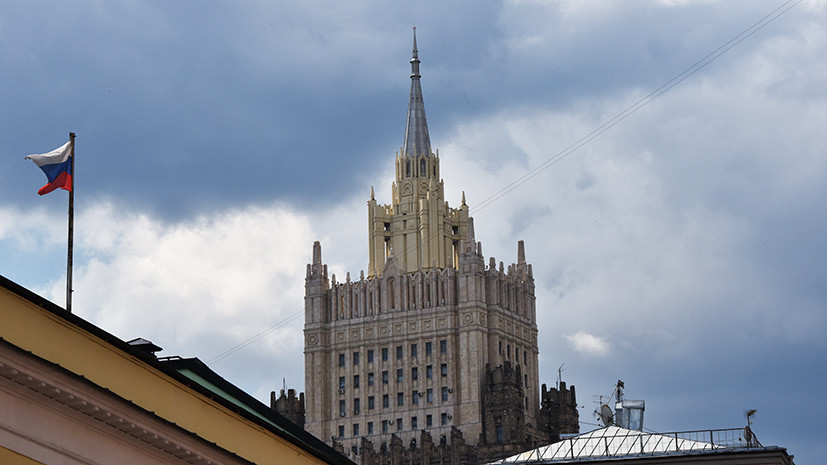"We do not understand what the essence of the current position of the United States is: whether colleagues in Washington want us to work towards preserving the contract or they finally finally decided that after the suspension of the contract ... a withdrawal from the Treaty follows - official and complete, "said Ryabkov.
According to him, for Russia "the question remains as to how the United States is going to solve the problems associated with our claims to Washington regarding the implementation of the INF."
“Therefore, it would be at least incorrect on the American side to put before us the question of how Russia intends to fulfill the contract, and calling things by their names is provocative,” Ryabkov said.
Earlier, US Assistant Secretary of State for Arms Control and International Security, Andrea Thompson, said that the United States would suspend its obligations under the Treaty on the Elimination of Intermediate-Range and Short-Range Missiles (DDSMD) in February, if Russia does not provide evidence of the agreement.
She also added that the United States, with the withdrawal from the Treaty on the Elimination of Intermediate-Range and Shorter-Range Missiles (INF), can begin developing systems that are prohibited by the agreement.
The head of the Council of the Federation Committee on Information Policy, Alexei Pushkov, commented on the statement by the United States to suspend its obligations under the INF Treaty on February 2.

